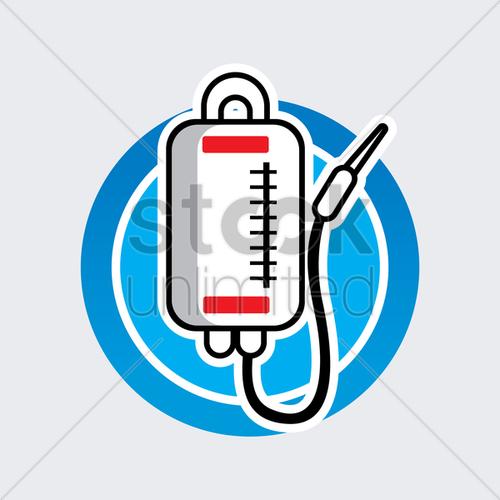Chinese herbal medicine, as the crystallization of ancient Chinese traditional medical wisdom, has a long history of application and rich connotations. Despite the widespread use of Western medicine in modern healthcare systems due to its convenience, Chinese herbal medicine is still favored for its unique gentle regulatory methods. The process of decocting Chinese herbs is a meticulous one that directly affects the efficacy of the medicine.
First and foremost, selecting the appropriate decoction container is crucial. Since the ingredients of Chinese herbs may react with iron or aluminum, it is not advisable to decoct herbs in iron or aluminum pots; it is recommended to use clay pots or porcelain vessels to ensure the stability of the medicinal properties and make the decocting process safer.
Furthermore, prior to decocting Chinese herbs, they need to be processed into finer forms. Some herbs such as Gardenia Fruit and Hemp Seed require pre-decoction, while hard-shell herbs like Tortoise Shell and Oyster Shell should be crushed beforehand to facilitate the full release of active ingredients. Properly arranging the order in which the herbs are added to the pot is the foundation for ensuring comprehensive extraction of the medicinal effects.
As for whether to cover the pot during decoction, it depends on the characteristics of the herbs. Herbs with strong volatility such as Peppermint and Agastache Rugosa should be covered during decoction to prevent the loss of active ingredients with steam, whereas herbs prone to boiling over like Chrysanthemum Flower and Mulberry Leaf should be decocted without a cover, with occasional stirring to prevent overflow and sticking to the pot.
Mastering the heating time for decoction is also a skill, usually starting with high heat to achieve rapid boiling, then switching to low heat for simmering, similar to cooking techniques, with the aim of maximizing the extraction of herbal essence. The amount of water should be added all at once, typically about 8 cm above the herbs, and decoction should be carried out one to three times according to the prescription requirements.
Each herb requires a different decoction time, which should be followed as per medical advice and accurately recorded, usually ranging from 30 minutes to 2 hours, with an initial phase of boiling over high heat for about 20 minutes before simmering over low heat.
Finally, correct intake of Chinese herbs is equally important. It is recommended to take the herbs one hour after meals, as this time period is conducive to drug absorption. During the medication period, attention should be paid to dietary taboos, avoiding incompatible foods that may interfere with the efficacy of the herbs.
In conclusion, the decoction of Chinese herbs involves numerous details, and proper operations can maximize the efficacy of the medicine and promote health. Executing each step correctly is a sign of respect for traditional medical wisdom and a responsibility towards one’s own health.


